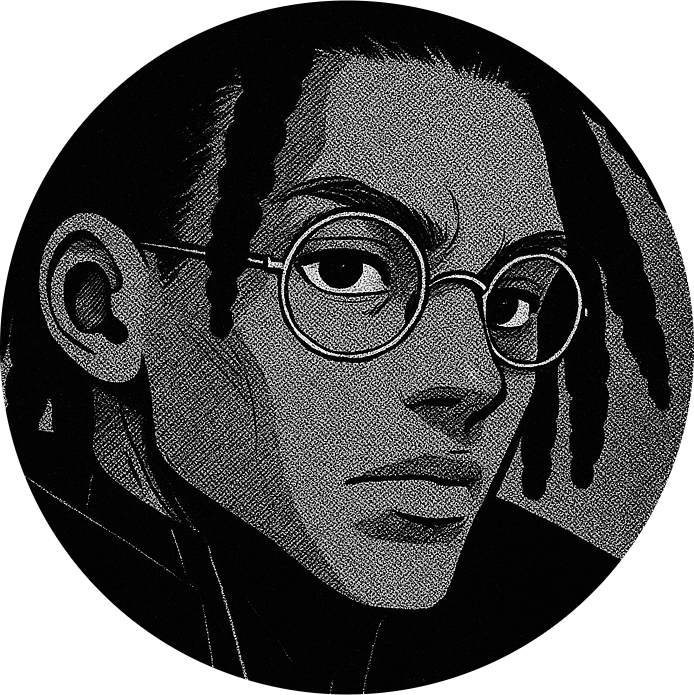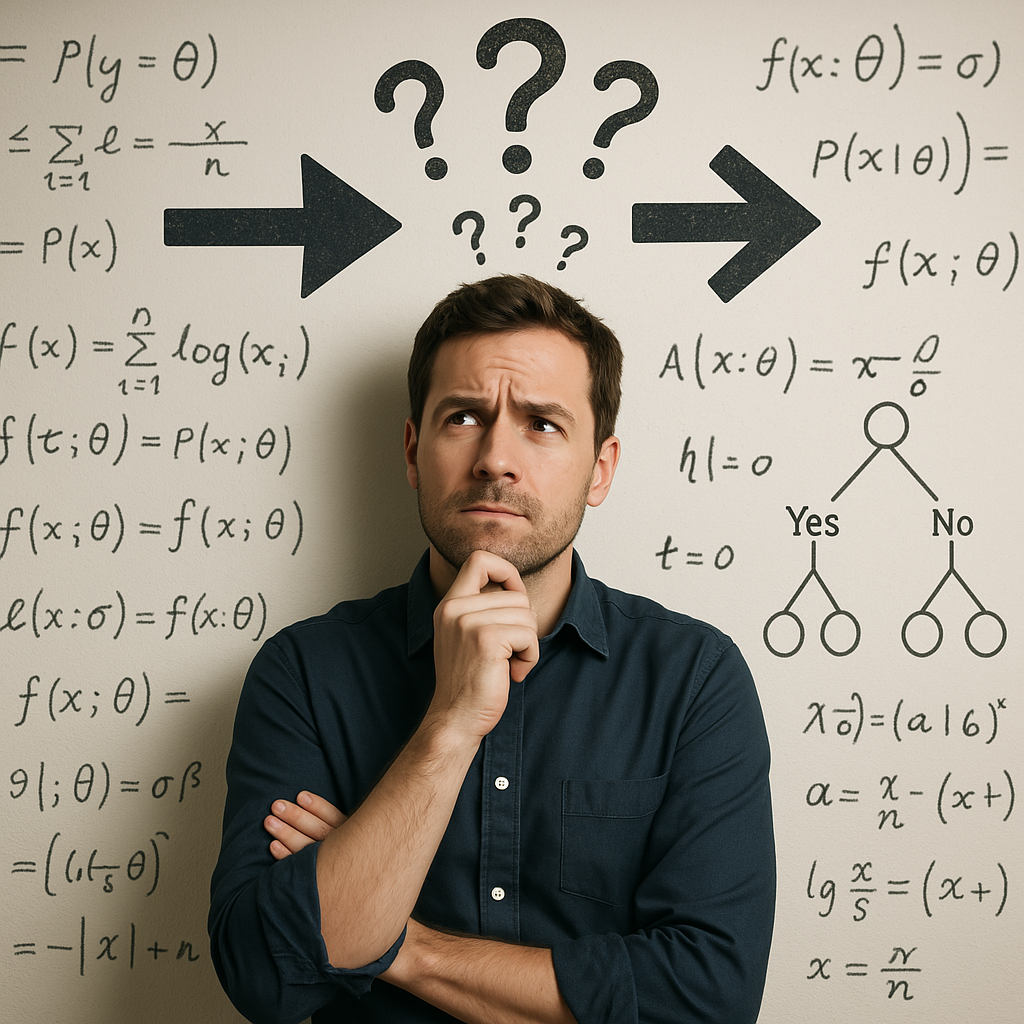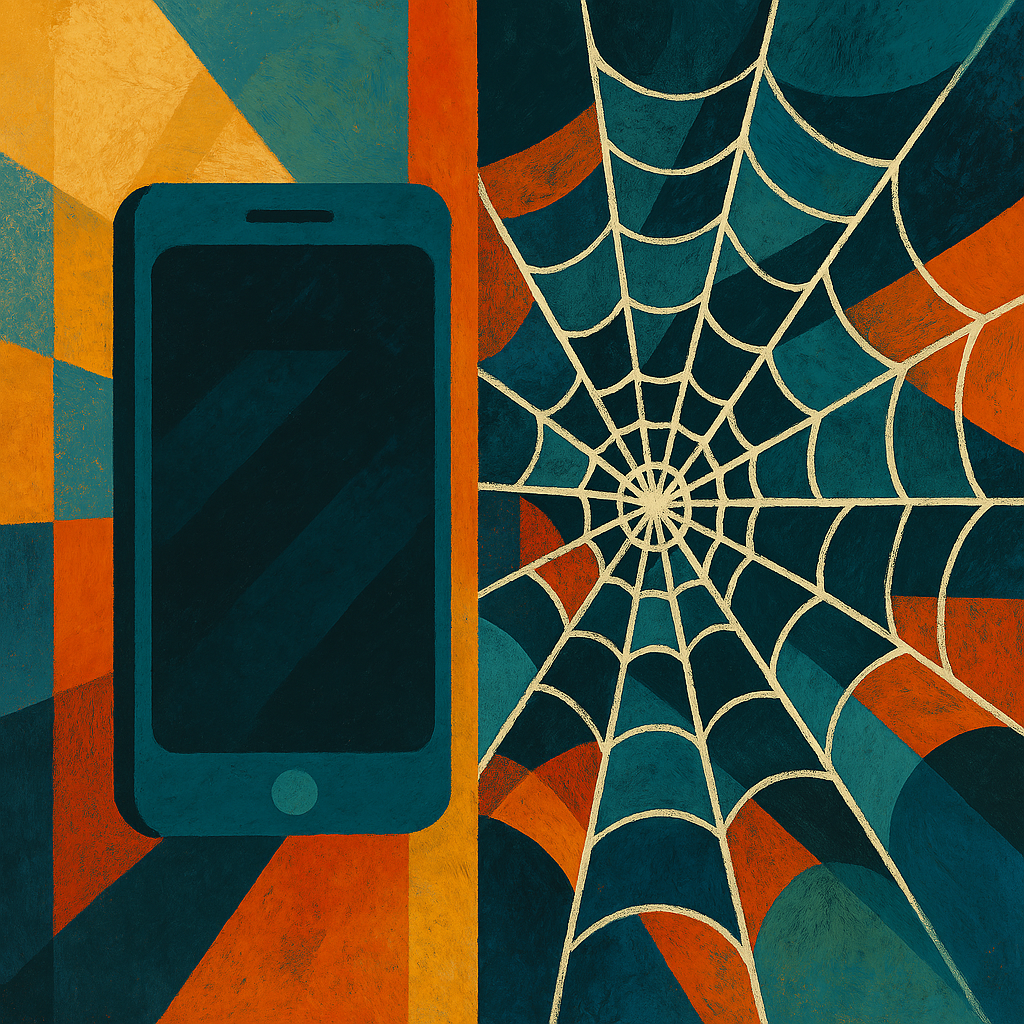Bach's Free Will

Okuhle Madondo
February 9, 2025

Free will has long been a battleground in philosophy, pitting those who believe in uncaused, autonomous choices against those who see every decision as the inevitable result of prior events. Cognitive scientist Joscha Bach offers a compelling take: "Free will is the perception of making decisions under uncertainty, based on an algorithm that we have not yet fully understood." This view sidesteps the extremes of absolute freedom and strict determinism, suggesting that our sense of agency arises from a mysterious, internal process. But is this a groundbreaking idea, or does it echo earlier thinking? In this article, we’ll explore Bach’s perspective, illustrate it with examples, and assess its place in the broader free will debate.
Bach proposes that free will isn’t an escape from causation but a feeling we get when choosing amid uncertainty. This sensation hinges on an "algorithm"—a set of brain processes guiding our decisions. Unlike a computer program we can dissect, this human algorithm remains elusive, and it’s this opacity that makes our choices feel free. The view aligns with compatibilism, a tradition from philosophers like Hobbes and Hume, who argued that freedom and determinism coexist if we act according to our will, even if that will is shaped by causes. Bach’s twist—framing it as a perception tied to an unknown algorithm—adds a modern, computational lens, but as we’ll see, it’s not entirely without precedent.
Let’s ground Bach’s concept in everyday and scientific scenarios, showing how uncertainty and an unseen algorithm create the illusion—or reality—of free choice.
1. Picking an Ice Cream Flavor
Standing at an ice cream counter, you choose vanilla over chocolate, feeling it’s your call. Yet, your mood, past experiences, or the weather might subtly steer you. These factors form part of your brain’s algorithm, but since you don’t fully trace their influence, the decision feels free—mirroring Bach’s emphasis on uncertainty.
2. Choosing a Career Path
Deciding to become a teacher, you weigh passions and prospects, sensing autonomy. Beneath this, upbringing or societal nudges shape your path. The algorithm’s complexity keeps it hidden, preserving your perception of freedom, as Bach describes.
3. The Libet Experiment: Neuroscience Meets Perception
In the Libet experiment, brain activity preceded participants’ conscious choice to move, suggesting unconscious triggers. Yet, they felt free because they didn’t sense the prior signals. Bach’s view fits here: ignorance of the algorithm’s early steps fuels the feeling of agency, a notion echoed in neuroscience but reframed through his computational lens.
4. Nudging in Behavioral Economics
A cafeteria places apples at eye level, nudging you to pick one over a cookie. You feel you’ve chosen freely, unaware of the environmental cue. This unseen influence, part of Bach’s algorithm, keeps uncertainty alive, sustaining the perception of free will.
5. Streaming Platform Decisions
Scrolling Netflix, you pick a comedy, believing it’s your choice. The platform’s algorithm, based on your history, nudged you there. Because you don’t grasp its workings, the decision feels autonomous—another example of Bach’s idea in action.
Bach’s perspective feels fresh with its talk of algorithms and uncertainty, but how new is it really? It builds on compatibilism, a centuries-old stance that freedom exists within determinism. Hume, for instance, saw free will as acting per our desires, not escaping causation—much like Bach’s perception-based approach. Modern thinkers like Daniel Dennett take a similar tack, arguing in Freedom Evolves that free will is a practical experience, even if determined. Bach’s focus on uncertainty also ties to neuroscience, like the Libet findings, where our ignorance of brain processes preserves the feeling of choice.
What sets Bach apart is his computational framing. Calling free will an outcome of an “algorithm we have not yet fully understood” reflects his AI and cognitive science roots, differing from classical philosophy’s vaguer terms. While Laplace’s deterministic universe didn’t use “algorithm,” Bach’s language resonates with today’s thinkers like Anil Seth, who explore consciousness computationally. It’s not a radical break—Dennett and neuroscientists like David Eagleman have hinted at complexity or unpredictability as free will’s source—but Bach’s synthesis feels current, blending philosophy, science, and tech in a way that’s distinctive, if not revolutionary.
Bach’s algorithmic angle highlights a key contrast: AI follows transparent rules, so we don’t attribute free will to it, even under uncertainty. Humans, shaped by evolution’s opaque processes, experience freedom because we can’t decode our own “code.” This gap, central to Bach’s view, echoes Dennett’s evolved agency but adds a computational twist unique to our AI-driven era.
Joscha Bach’s take—free will as a perception under uncertainty, driven by an elusive algorithm—offers a thought-provoking lens. It’s not wholly novel, resting on compatibilist shoulders and modern science, but its interdisciplinary flair makes it stand out. From ice cream to career choices, our sense of freedom thrives in the shadows of an unknown process. As we unravel the mind’s workings, this view might evolve, but for now, it captures a vital human experience with a contemporary edge.
Continue Reading
The Nature Of Nature
25 March 2025
What separates a smartphone from a spiderweb? One’s a gleaming gadget, the other a sticky trap—yet both come from creatures shaped by this planet. We label one 'artificial' and the other 'natural,' but what if that line’s blurrier than we think?

